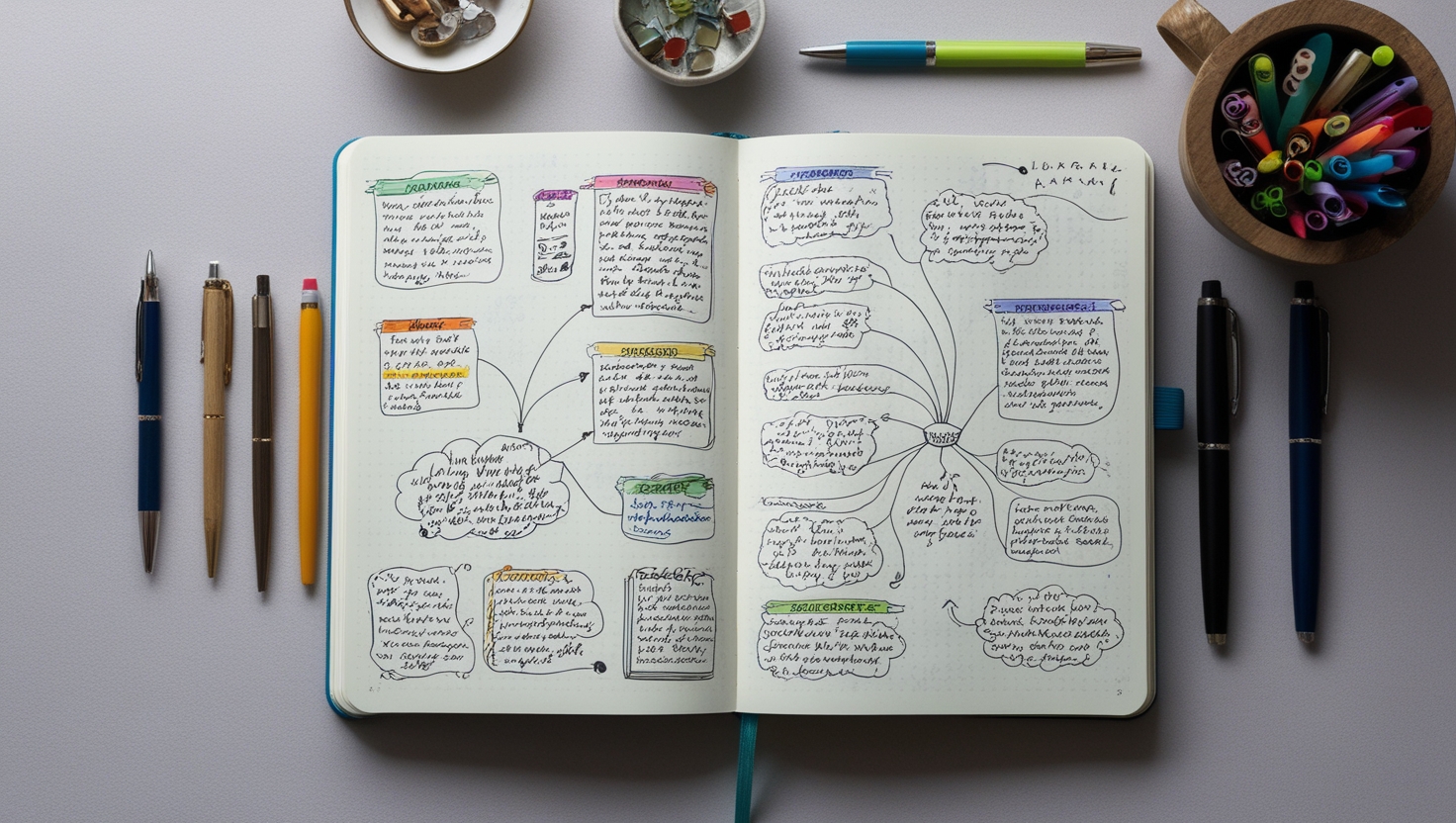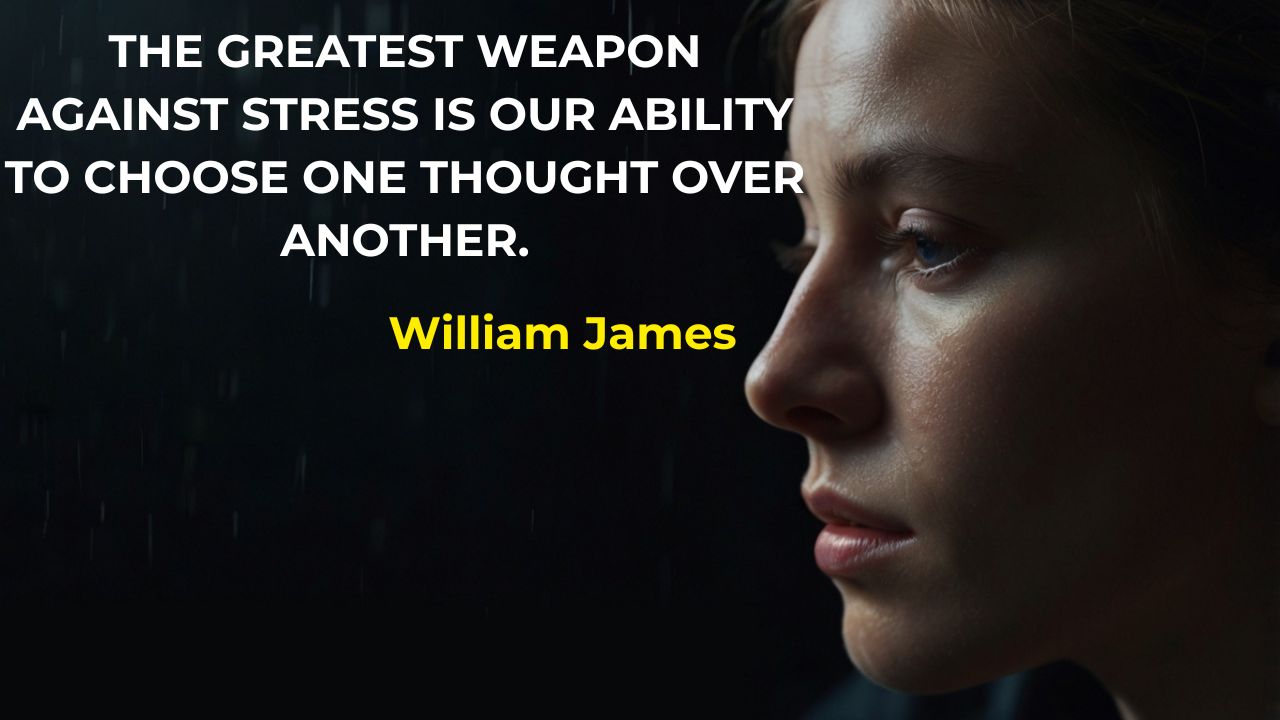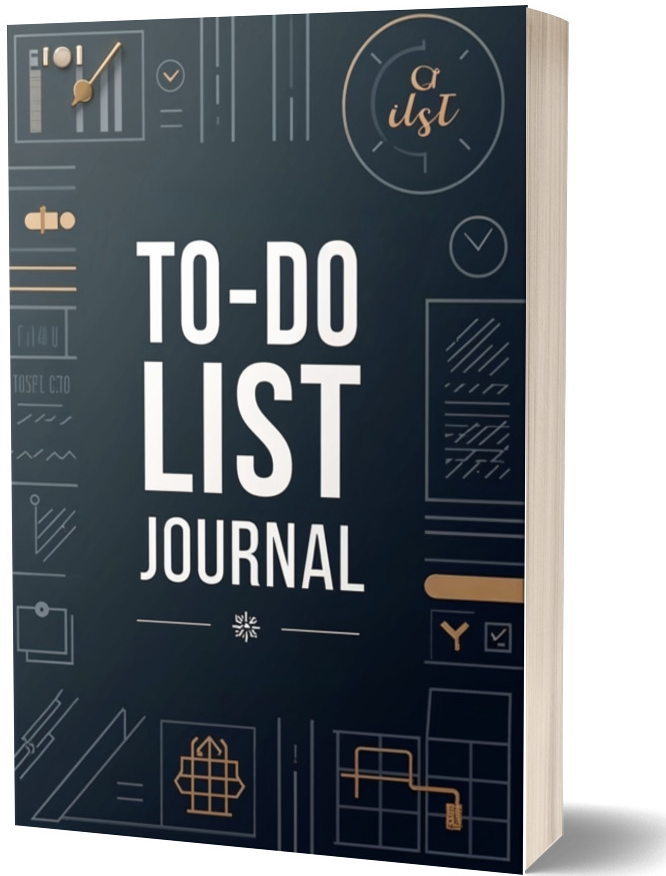Building Persistence: Practical Strategies to Strengthen Your Willpower
Persistence is the backbone of success. It’s the quality that keeps you going when challenges arise, when motivation fades, and when you’re faced with obstacles that make you want to quit. Whether you’re trying to achieve personal goals, pursue a career, or build healthy habits, persistence is what will see you through to the finish line. However, persistence isn’t something you’re born with; it’s a skill that can be developed and strengthened over time.
In this article, we’ll explore practical strategies to help you build persistence and develop the willpower necessary to push through adversity and achieve long-term goals.
Why is Persistence Important?
Persistence is about continuing to take action, even when the results aren’t immediate or when things get tough. It’s essential for:
- **Achieving Long-Term Goals**: Success rarely happens overnight. Persistence helps you stay on track, even when progress feels slow.
- **Building Resilience**: Each time you push through challenges, you build mental and emotional resilience, preparing you for future obstacles.
- **Maintaining Motivation**: Persistence fuels your motivation by reinforcing the habit of continuing, even when you don’t feel like it.
However, building persistence requires more than just willpower; it requires a strategic approach. Let’s look at some effective ways to strengthen your persistence muscle.
1. **Start Small: Set Achievable Goals**
The journey to persistence doesn’t begin with tackling huge, overwhelming tasks. It begins with small, manageable steps that create a foundation for success. Starting small allows you to build confidence and develop the habit of taking consistent action.
For example, if your goal is to run a marathon, don’t start by committing to running 26 miles right away. Instead, start with short distances, gradually increasing your mileage as you build stamina. Each small win, no matter how minor, will motivate you to keep going.
By starting with small tasks, you create a series of successful experiences that build momentum. Over time, these small wins will accumulate, and you’ll find that the journey becomes easier as persistence becomes a part of your routine.
2. **Create a Routine**
Routines are powerful because they remove decision-making from the equation. When you’re working toward a goal, the more you can make your desired actions automatic, the easier it becomes to persist. A routine helps you stay consistent, which is essential for developing persistence.
For instance, if you want to write a book, set a specific time each day to write, even if it’s just for 15-20 minutes. Having a daily writing routine makes it easier to stay committed to your goal, even when motivation is low.
Consistency is key. By establishing routines that align with your goals, you’re laying the groundwork for persistence. Over time, as the routine becomes ingrained, you’ll find that you’re naturally taking action toward your goals, without needing constant motivation.
3. **Embrace the Power of “Why”**
Persistence is much easier when you have a strong sense of **why** behind your actions. Knowing why you’re pursuing a goal gives you clarity and serves as motivation when things get tough. When you feel like giving up, returning to your “why” can reignite your drive and help you push through.
Ask yourself:
- **Why do I want to achieve this goal?**
- **What will success look like for me?**
- **How will this achievement improve my life or the lives of others?**
The stronger and clearer your “why,” the more persistence you’ll have to see things through. For instance, if you’re trying to lose weight, your “why” might be to improve your health and feel more energized. Keeping that deeper purpose in mind helps you stay motivated, especially when temptations arise or progress feels slow.
4. **Focus on Progress, Not Perfection**
One of the biggest hurdles to persistence is the pressure of perfectionism. It’s easy to get discouraged when you feel like you’re not doing things perfectly or making as much progress as you hoped. However, focusing on **progress** instead of perfection helps you stay motivated and prevents burnout.
It’s important to celebrate small milestones along the way. For example, if you’re learning a new skill, don’t fixate on the fact that you’re not an expert yet. Instead, acknowledge the improvement you’ve made and keep going. Over time, those small improvements will add up to big success.
Remember: persistence isn’t about being perfect—it’s about consistently showing up, even when the results aren’t immediate.
5. **Visualize Your Success**
Visualization is a powerful tool that can help reinforce your persistence. Imagine yourself succeeding, whether it’s finishing a marathon, landing your dream job, or achieving any other goal. The more vividly you can picture yourself achieving your goals, the more motivated you’ll be to keep working toward them.
Visualization strengthens your emotional connection to the goal, making it more real and tangible. When challenges arise, those vivid images of success can serve as a reminder of why it’s worth pushing through.
Take a few moments each day to close your eyes and visualize the feeling of accomplishment you’ll experience when you reach your goal. This mental rehearsal can fuel your persistence by reinforcing your belief in yourself.
6. **Learn to Overcome Setbacks**
Setbacks are inevitable, but how you respond to them is crucial. The most persistent people are those who don’t give up when they encounter obstacles—they learn from them and keep going.
When you face a setback, instead of getting discouraged, use it as an opportunity to reflect and adjust your approach. Ask yourself:
- **What went wrong?**
- **What can I do differently next time?**
- **How can I learn from this experience?**
Each time you bounce back from a setback, you strengthen your resilience and persistence. Remember, setbacks are just temporary detours, not permanent roadblocks.
7. **Build a Support System**
Persistence is easier when you have people around you who encourage and support you. Whether it’s a friend, family member, or mentor, a support system can provide the motivation and accountability you need to stay on track.
When you’re struggling with persistence, lean on your support system for encouragement and perspective. They can remind you of your strengths, cheer you on when progress feels slow, and help you stay motivated during tough times.
Conclusion: Persistence is a Muscle You Can Strengthen
Persistence isn’t just about sheer willpower—it’s a skill that can be developed and strengthened over time. By setting small goals, creating routines, embracing your “why,” and focusing on progress rather than perfection, you can build the persistence necessary to achieve your long-term goals. Remember, it’s the small, consistent actions that lead to big results.
Persistence isn’t about never failing—it’s about getting back up and continuing to move forward, no matter what challenges arise. Keep practicing, stay committed, and with time, you’ll find that persistence becomes second nature.
- Audio Articles
- Audio Articles 1
- Audio Articles 2
- Audio Articles 3
- Audio Articles 4

7 Daily Disciplines That Transform Your Life
The power to act with intention, to align your actions with your values, and to move steadily toward a life of purpose—even on days you don't feel like it.
Read Full Article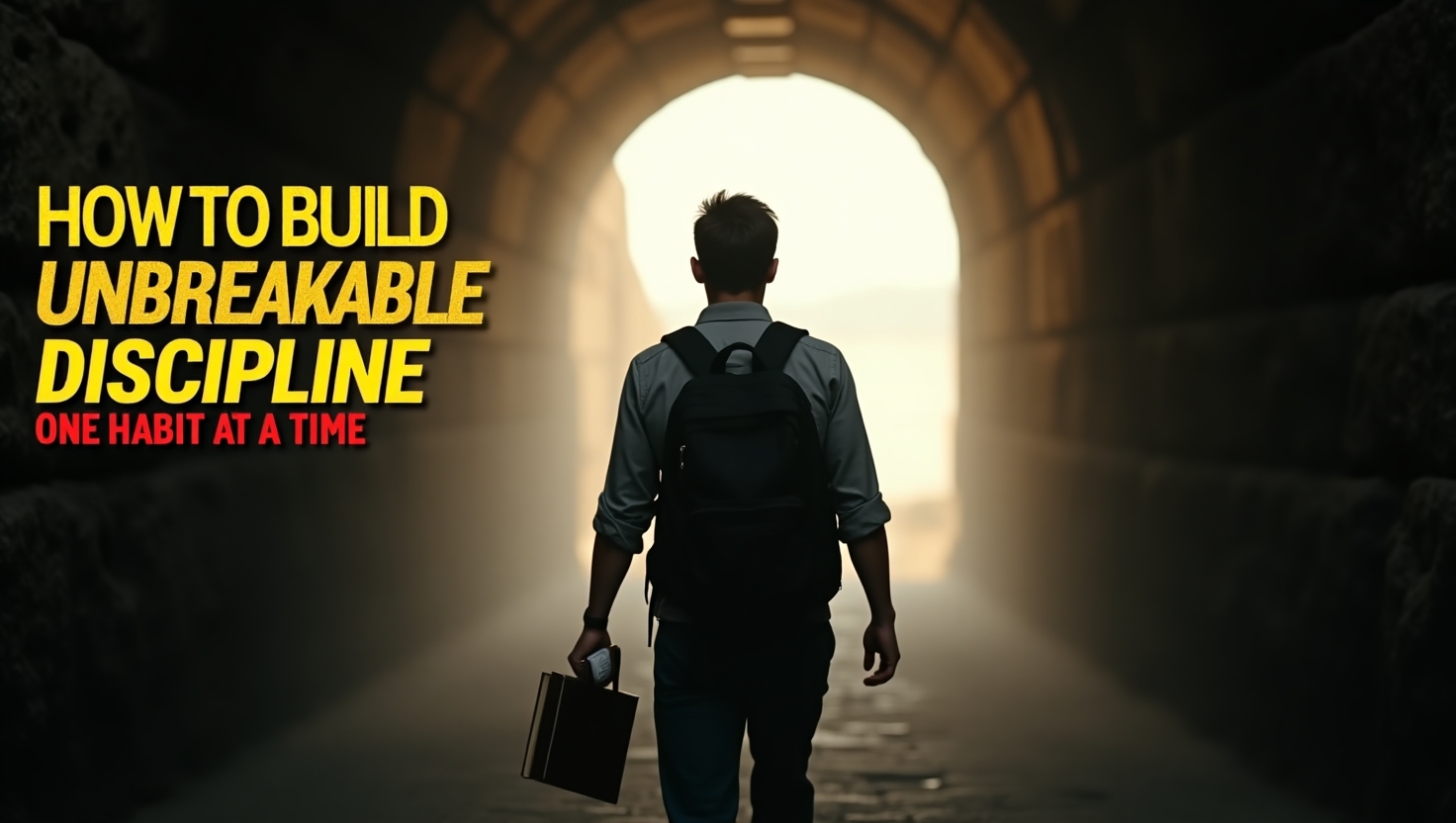
How to Build Unbreakable Discipline
Discipline is built—habit by habit, choice by choice, day by day. And the most powerful kind? The kind that doesn’t crack under pressure. The kind that becomes part of who you are.
Read Full Article
Why Motivation Fails And Discipline Wins Every Time
We all love the feeling of motivation—that surge of energy, that rush of inspiration that makes everything seem possible. But here’s the problem: motivation is unreliable. It’s emotional. It comes and goes. And if your goals rely on you “feeling like it,” you’re already in trouble.
Read Full Article
Discipline Over Desire
Desire is loud. It burns bright, talks fast, and loves to dream. But desire alone doesn't achieve much. Every person has desires. Very few have the discipline to bring them to life.
Read Full Article
The Science of Sticking
If you've ever tried to build a new habit, you've probably heard that it takes 21 days. This number gets thrown around so often that it feels like scientific fact.
Read Full Article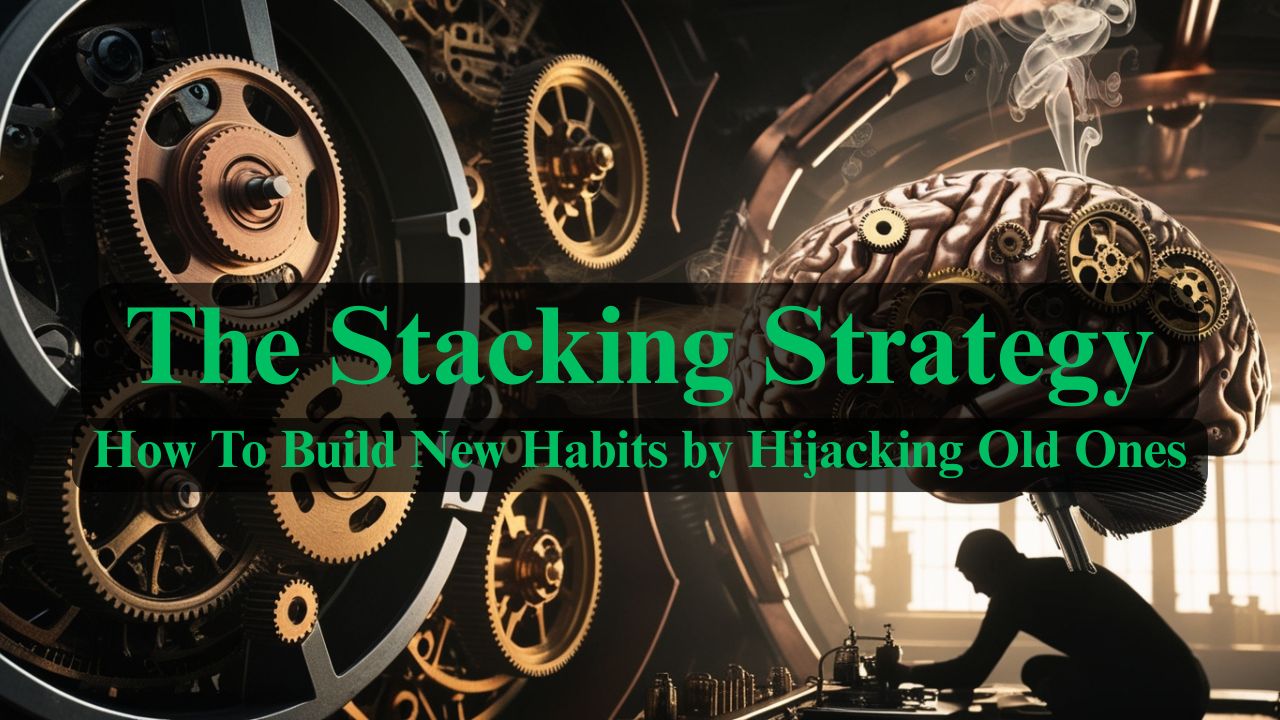
The Stacking Strategy
What if I told you that the habits you already have—even the ones you consider "bad"—could become the secret weapons for building the habits you want?
Read Full Article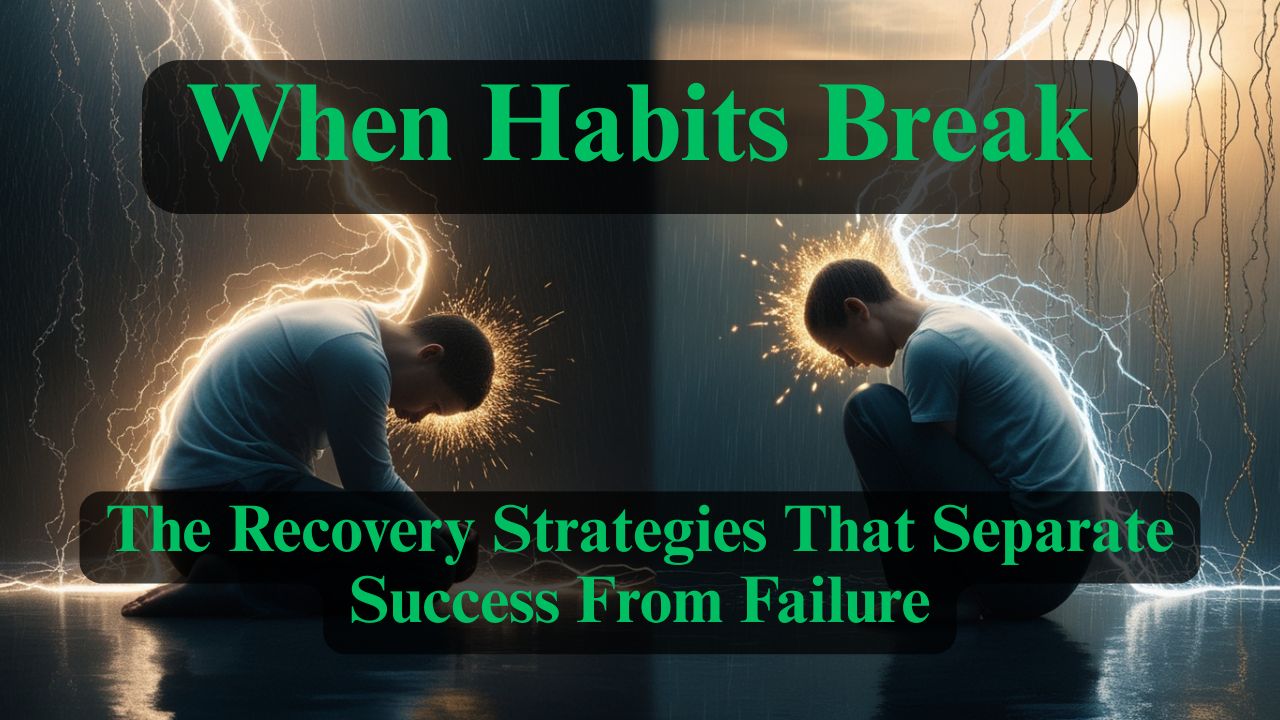
When Habits Fail - The Recovery Strategies That Separate Success From Failure
Here's what nobody tells you about building habits: you will fail. You'll miss days. You'll fall off track. You'll have weeks where everything falls apart.
Read Full Article
The Ultimate System - Designing a Life Where Good Habits Are Inevitable
You've learned to recognize habits, understand their formation timeline, stack them strategically, and recover from setbacks.
Read Full Article
